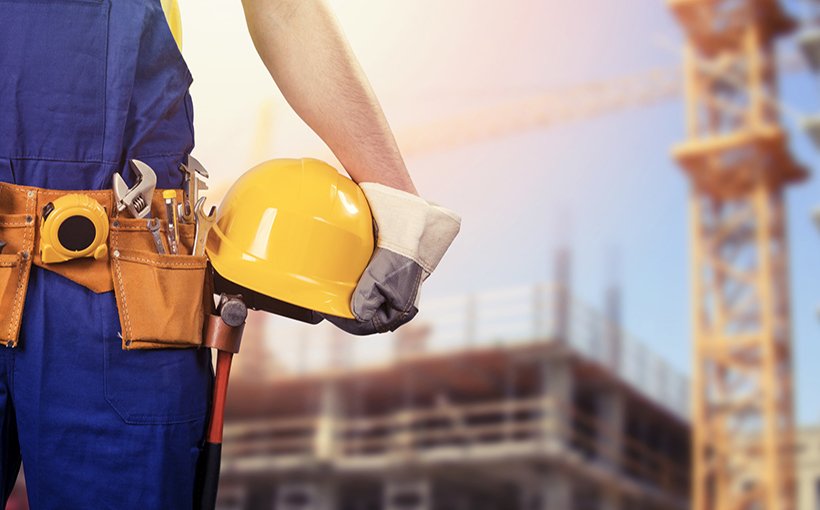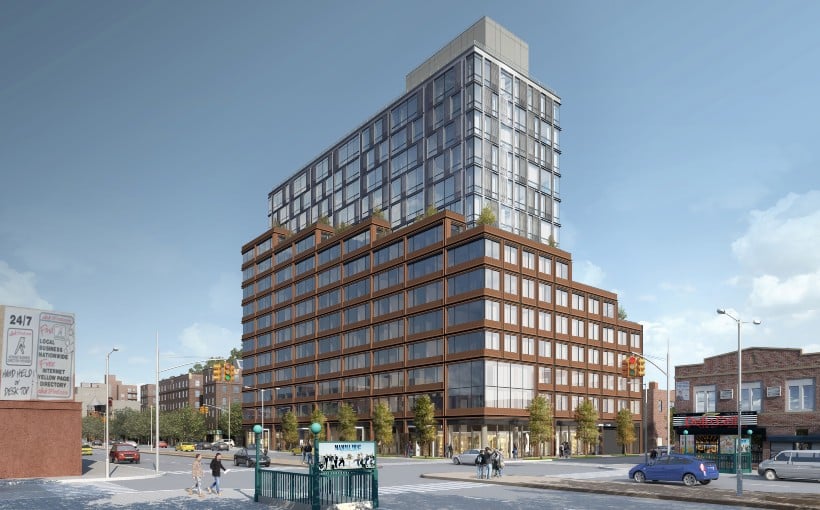May is Mental Health Awareness Month, yet the topic of mental health in construction is rarely discussed. According to a 2020 study issued by Construction Industry Rehabilitation Plan (CIRP), 83% of construction workers have experienced a mental health issue. The Centers for Disease Control also report that the construction industry has the highest suicide rate – 53.2 suicides per 100,000 workers – making it essential to address this issue and create an environment where team members can openly discuss their struggles without fear of judgment or ridicule.
Unispace Regional Safety Manager for North America Ismet Dalipi explains why mental health issues are so prevalent among construction workers, what consequences arise from ignoring this issue and possible solutions to help with this problem.
The demanding work schedule in the industry requires significant sacrifice in terms of time away from loved ones while men traditionally hold most positions and exhibiting emotions may be viewed as a sign weakness; creating pressure on individuals who crave emotional release but cannot express themselves outwardly due to cultural norms within the sector which discourage showing emotion or seeking help when needed – leading many struggling with their mental wellbeing not communicating these issues with employers despite 60% reporting they experience difficulties related to their psychological state according to CIRP’s survey results.. Unaddressed challenges such as depression, anxiety and stress can lead decreased productivity at best but more severe cases could result harm being inflicted upon oneself or others on job sites if left untreated .
To combat these risks companies should develop outreach programs which assure employees that it’s okay talk about any concerns they have regarding their psychological well-being without fear judgement or ostracism; while breaking down stigma surrounding discussing one’s feelings by providing access resources such employee assistance programs counseling services support groups etc.. Additionally encouraging culture wellness including allowing space personal lives taking breaks recognizing those go above beyond promoting self-care practices make difference reducing stigma addressing problems head-on ultimately creating safer healthier work environment all involved .




